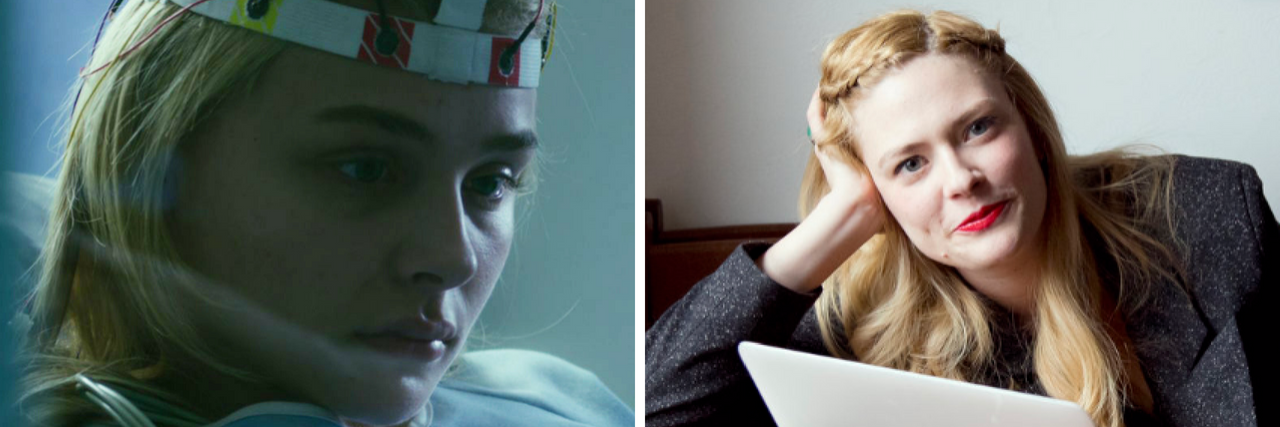Susannah Cahalan's 'Brain on Fire' Is Now a Netflix Movie Starring Chloe Grace Moretz
Editor's Note
If you plan on watching “Brain on Fire,” be aware there is a scene directly after her second seizure that shows flashing lights commonly used in medical tests for seizures.
On Friday, Netflix will release its film adaptation of Susannah Cahalan’s 2012 bestselling memoir “Brain on Fire,” starring Chloe Grace Moretz.
In 2009, Cahalan, a journalist at the New York Post, began experiencing seizures, delusions, erratic moods and behavior and other troublesome symptoms, most of which she doesn’t remember. Cahalan’s “month of madness,” as she calls it, stumped doctors for weeks until they finally determined her diagnosis. (Editor’s note: We are excluding Cahalan’s diagnosis from this article to keep it spoiler-free.) “Brain on Fire” is her retelling of what happened — piecing the ordeal together through her father’s journal, interviews with her doctors and family and other evidence.
Cahalan consulted on the film’s script to ensure it was medically sound. She spent time on set and has a couple cameos — even an MRI of her brain makes an appearance.
Despite the time she spent on set, Cahalan told The Mighty seeing the completed film shocked her. The idea of others watching it, she said, “freaks [her] out.” Though the conversations she hopes it starts, quells some of her uneasiness.
“It’s not my story anymore, in a way,” she said. “I do think this will lead to more understanding about these kinds of illnesses and I think disease in general and mental health. I think it will lead to a conversation that’s larger than my story and the more people that can engage in that conversation the better if you ask me.”
Cahalan said she considers herself lucky. It took a month to get a diagnosis while others can wait years to receive one. And with her symptoms, many people get pushed into psychiatric hospitals when the cause isn’t psychiatric.
“At the end of the day I was actually diagnosed very quickly in the scheme of things because the illness itself was so rare,” she said. “In the end, I got profoundly lucky. I would venture to say I was diagnosed far quicker than most people were at that time.”
Through her experience, Cahalan has become interested in mental health and psychiatry and how it’s separated from physical health. She said the way people talk about mental health — telling people it’s all in their head and there’s nothing wrong — implies that mental health and psychiatric disorders are somehow less valid than physical illnesses.
“Once we silo someone into psychiatry, a lot of times the physical parts of the illness are ignored,” Cahalan said. “I would hate to say that had I been siloed off in the way that some doctors wanted to, I probably wouldn’t have gotten a diagnosis as fast as I did, and I probably wouldn’t have recovered as well as I did and that’s a really scary thing.”
Cahalan’s interest in psychiatry is the basis for her next book “The Great Pretender.” Cahalan said negative experiences sometimes have the most profound effect — positive or negative. She’s lucky hers was positive, she said.
“I didn’t really have a focus [before], and I was kind of general assignment news person, and that’s great, but I really kind of lacked a goal or mission,” she added. “I feel like my life has meaning in a way that it didn’t before and, to me, that has been the most valuable thing that’s come from this book.”
Photo courtesy of Netflix/Photo by Shannon Taggert

